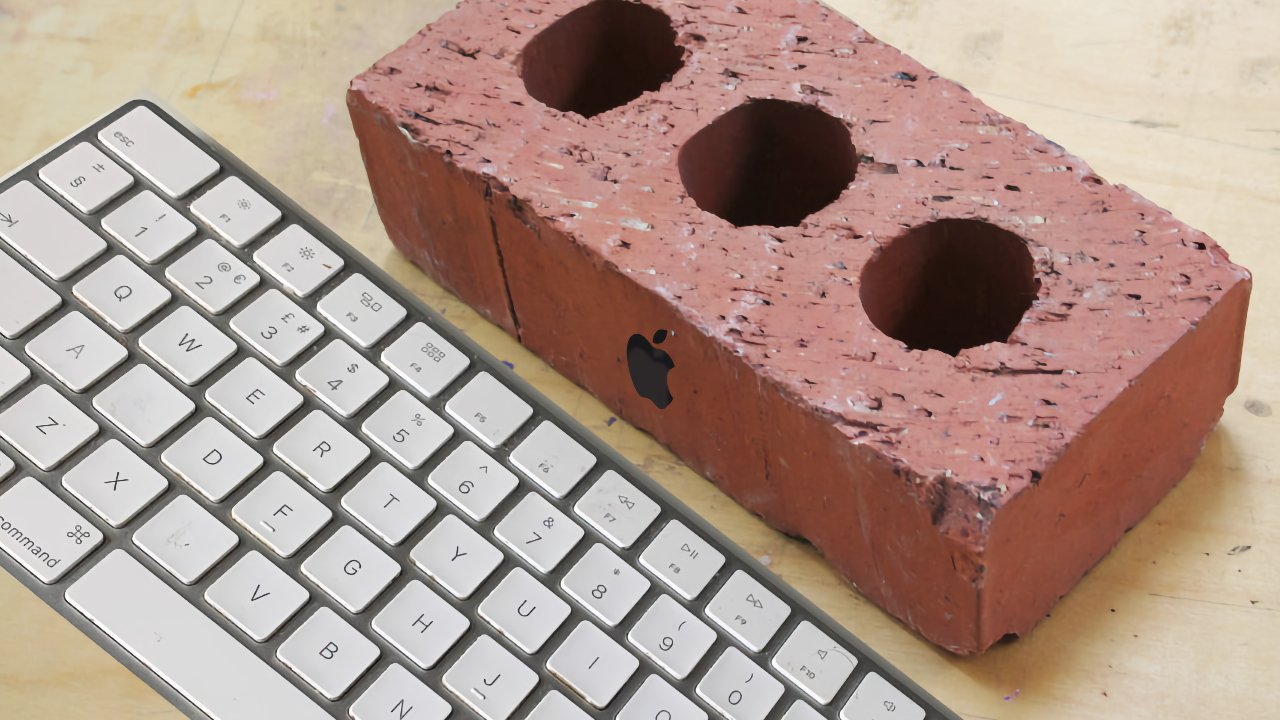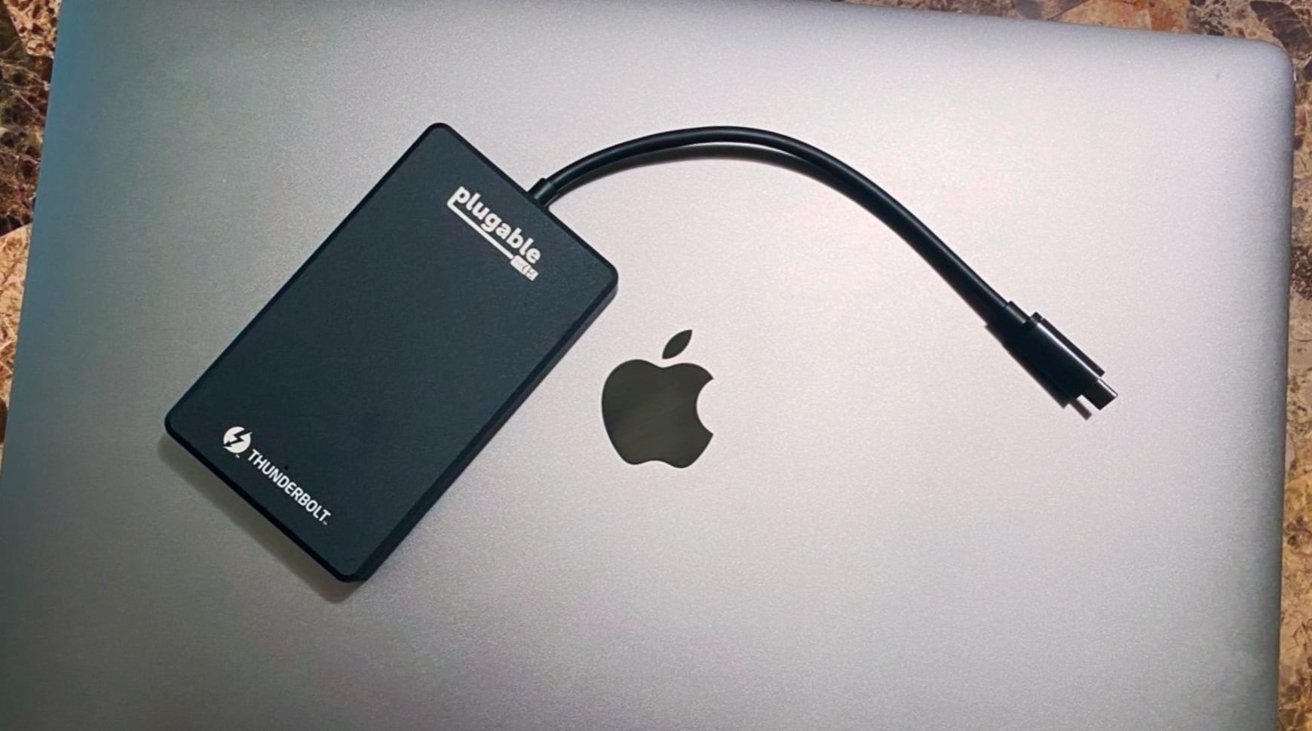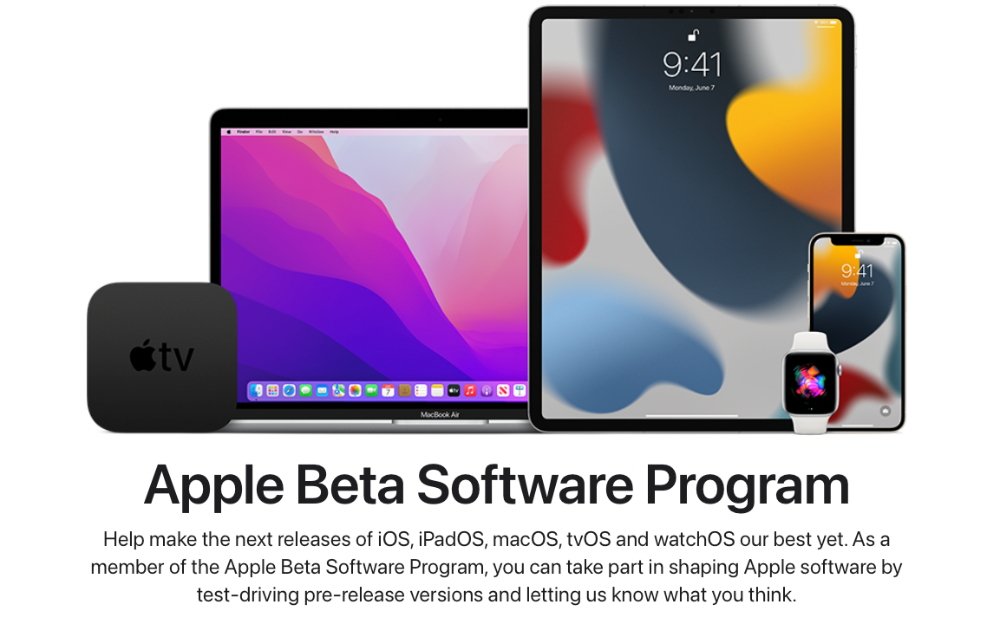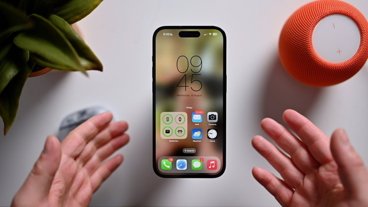Apple makes iOS 17 and macOS Sonoma sound fantastic. But Apple will also make them sound ready, and they really, really are not. Don't risk bricking your device.
Macs, iPhones, iPads, and more are superb devices — but it's because of the software. Apple devices are superbly designed and engineered to preposterously high standards, but the software can break them.
Don't let us claim that the risk of totally bricking your device, permanently preventing it ever working, is high. But the odds don't have to be high, they just have to be this dangerous.
Without question, without fail, do not ever install any macOS, iOS, iPadOS or anything-whatsoever-OS onto a device that you rely on, on a daily basis.
Apple does not release beta versions of its operating systems for fun. It releases beta test versions so that they will be tested by more people than even it could ever pay.
Arguably, it's a bit cynical for Apple to put out software that inevitably will have problems, in the hope you'll find them. To be fair, though, Apple must be trying to minimize the risks — and now it's also taking extra steps to protect us all.
You've got be a developer
Starting with iOS 16.4 and iPadOS 16.4, Apple has changed how developers can access betas. The old system of installing a "developer" profile on your device meant anyone would get one of these could install the beta.
Apple is moving to a system where there are no profiles that can be shared around, there is just a registered developer account and devices that are logged in to it. If you are a developer and you say this iPhone and that Mac can have beta software, they will automatically get it.
Over time, that is meant to make working with betas easier for developers because the devices will just get the new versions as they are released.
But it really also locks out people who have no business reason to test devices. Apple charges $100 per year to register someone as a developer, and while it's practically a token amount, it's now going to be enough to dissuade people.
The people who are not willing to pay $100 annually are the ones who would not be using betas for development.
If you are a developer or you do want to pay $100 for the chance to wreck your device, there is another issue that is meant to stand in your way.
Forget booting from an external drive
It used to be that you could create a bootable external drive and install a macOS beta on that. But don't count on it any more.
Since the 2017 introduction of the T2 chip handle secure booting, Apple has been discouraging attempts to create external boot disks.
You could do it then in 2017, and you could still do it in 2019 with a little effort. And even in 2021, it was possible, but certain macOS releases made it problematic, and it seemed almost random whether your USB-C external drive would boot or not.
It's all presumably meant, in part, to prevent a developer downloading a beta and then passing it around to be installed on anyone else's machine. That does make sense.
But the same issue also means that it's very hard to restore a Mac that's gone wrong under the beta locally, and even internet recovery is shaky on a beta.
No kidding
Whether you've been lucky before and the betas have always worked for you, has no bearing on whether you're going to be lucky again. Eventually, you will lose data, and you will crash your device.
So, the best tip for how to install and run a beta version of macOS, iOS, or iPadOS, or watchOS, or tvOS for most people, is don't do it.
Avoiding the final version might not be a bad thing, too
At risk of sounding like we'll never update anything, you should also ignore final releases if you rely on your hardware for a living — at least for a week or two after the public release.
Apple can count on a large number of developers, with spare devices, testing out the betas because they must. Yet when an OS release is finished, it gets taken up by gigantically more users — and they will find more problems.
Some of those will be bugs, but others will be incompatibilities. Even if developers have stuck firmly to Apple guidelines over the years, there is a chance that they will have to update their apps to work with the latest OS.
And, at least on the Mac, there are plenty of examples of when developers have not stuck to the guidelines. Then something that worked fine under, say, macOS Ventura, may not work under the latest macOS.
Betas exist for a reason
Blame Apple for making it harder to have an emergency external boot disk, but not for making beta software that causes problems. Finding those problems is the entire point of a beta program.
We might put it a bit more strongly on our "the beta is here" posts, but even Apple warns against using beta software. And they aren't subtle about it.
Unless somebody is paying you to risk your devices, applaud from the sidelines and wait for those final releases.
 William Gallagher
William Gallagher






-xl-m.jpg)


-m.jpg)






 Thomas Sibilly
Thomas Sibilly
 Wesley Hilliard
Wesley Hilliard
 Christine McKee
Christine McKee
 Amber Neely
Amber Neely

 Malcolm Owen
Malcolm Owen

 Mike Wuerthele
Mike Wuerthele








19 Comments
Oh the humanity! The sky is falling!! The sky is falling!!!
Unlike many other software developers, most software releases out of Apple have been amazingly stable. Some features might not fully work yet. Some may be redesigned before final release. But there’s never been anything that will break your entire system.
Ditto Nunnyobizz. In the old days betas were troublesome at times but never fatal. Betas are fun and if there are not any urgent “oh nos!” after developer release risk is very low. Most
Mac aficionado sites/YouTubers always caution about loading betas to daily drivers out of tradition more than statistical evidence.
But... but... but... new screensavers!
This article is inaccurate
I downloaded a beta profile from a Twitter link and used it to install iOS17 no problems, no $100 to Apple.
To be, or just be a developer. That is the question...